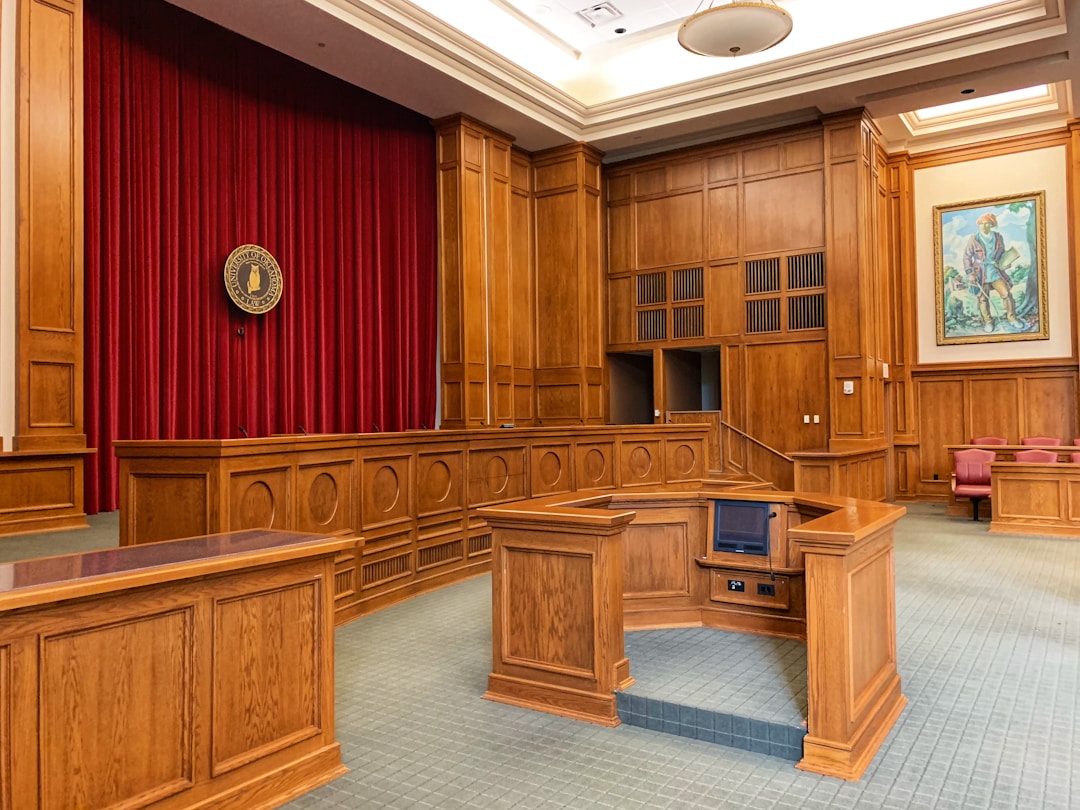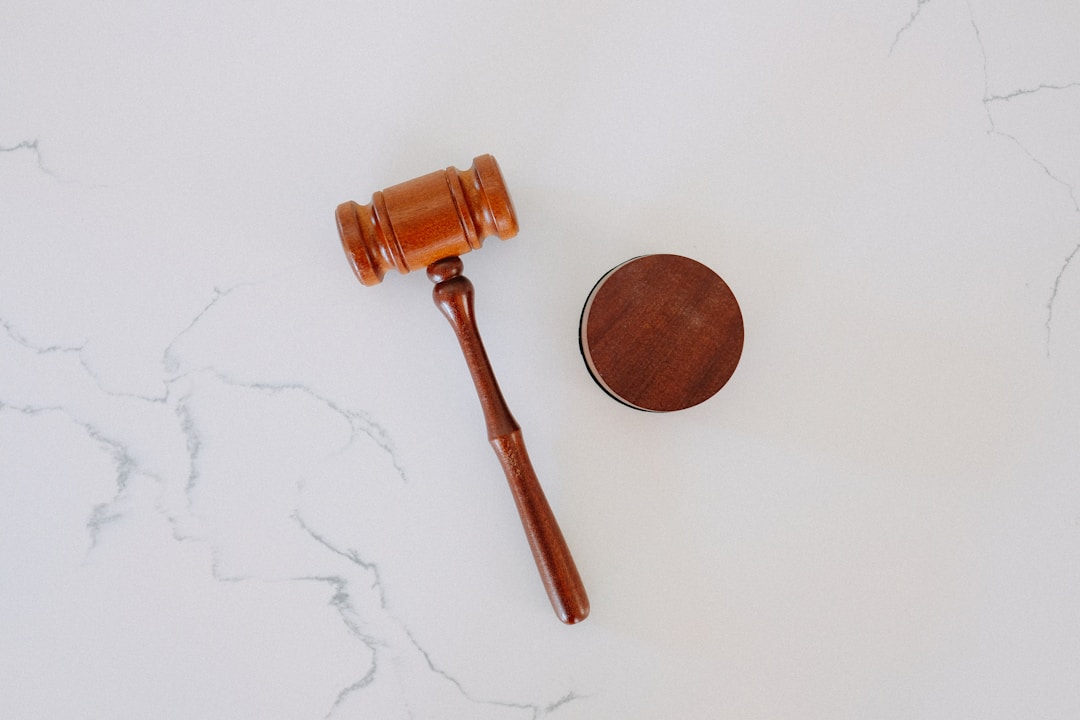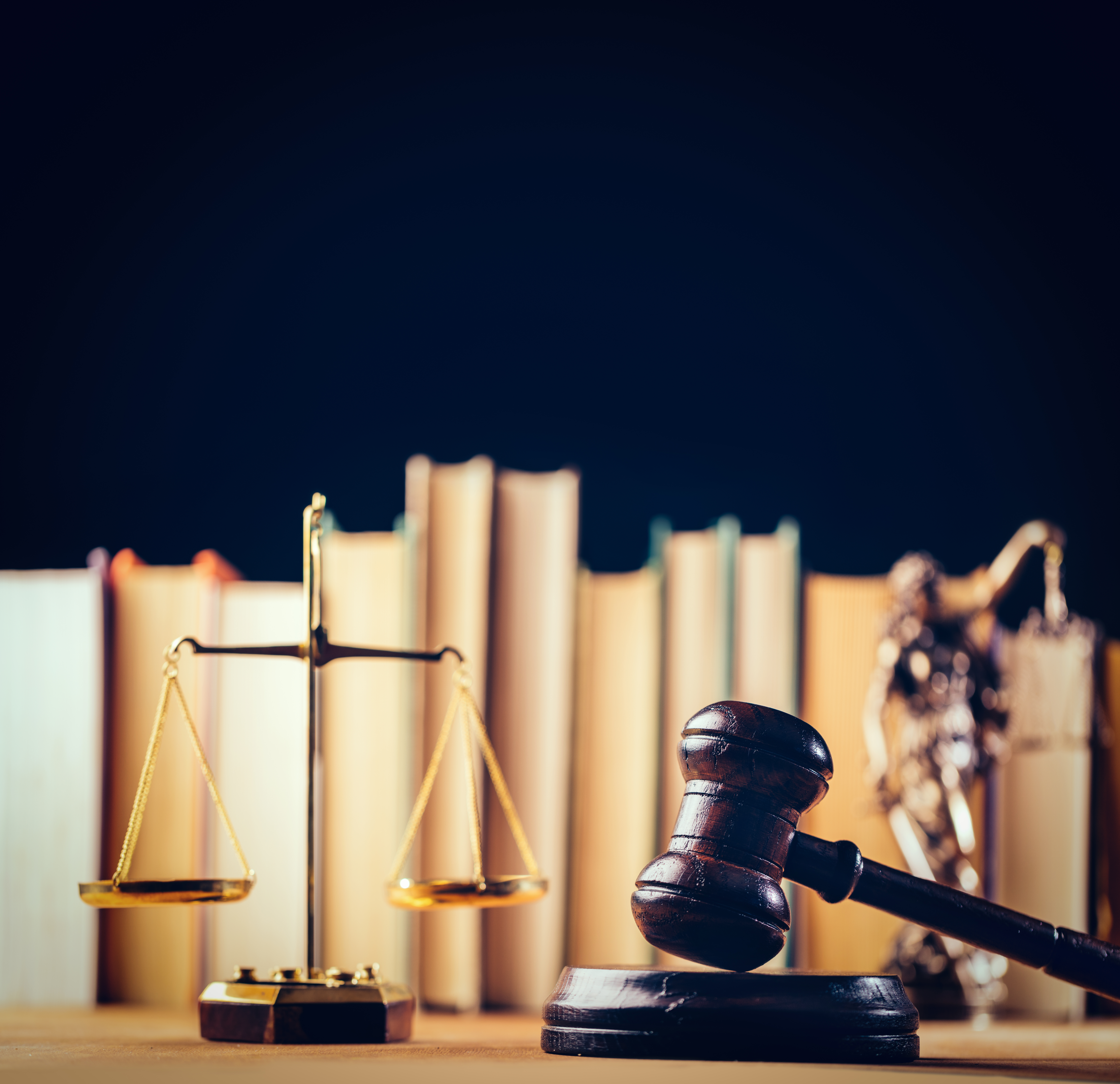Every country across the world has a system of law. These are the rules that many people live by, helping to maintain a well-structured society. The law is practiced differently in countries across the world.
Though the U.S. and Canada are neighbors, their law systems are different. We’ll focus on the differences in how the law is practiced between both countries.
Court Systems


Though there are some similarities between the practice of law in both countries, there are a host of differences. Whether you’re a personal injury lawyer in Canada or a litigator who handles cases that involve motorcycle accidents in Baldwin County, AL, you’ll have to be acclimated with the court system in your respective nation. Each individual case will vary in how they proceed in each country, following a different court-systems path. Any experienced attorney needs to understand what these differences are just in case they have to try a case in a neighboring country. One of the biggest differences that you’ll see will involve the respective court systems of each country.
In Canada, the structure of their court system starts with their provincial courts. These are the systems that deal with less serious criminal affairs and civil matters. Judges for these courts are appointed by provinces rather than states. There’s a good chance that if you’re a personal injury attorney handling a case for an on-the-job catastrophic injury, you’d be handling such a matter in a provincial court.
Another difference that esteemed Canadian lawyer Malliha Wilson would be accustomed to is that Canadian courts are bilingual. Since English and French are the official languages of France, Canadian citizens are entitled to have their trials in either language. In America, the language spoken in court will be English. For instance, if you’re a lawyer who is a part of a medical malpractice lawsuit in Fairhope, AL, then English is going to be the court’s language.
How judges are chosen is another way that law is practiced differently in these two countries. The Canadian legal process is independent, so judges in provincial courts are appointed. They are paid for by their provincial governments. In the United States, many judges whom you’ll argue a personal injury claim case in front of will be elected. You’ll find elections for many of these stewards of justice occurring year-round in states such as the state of Alabama. The court systems are one way where the law is practiced differently in both countries.
Death Penalty
Another difference that exists between the court systems of Canada and the United States is the existence of the death penalty. The death penalty still exists in 31 states in the U.S. As a personal injury attorney in Mobile, AL, you more than likely won’t have to deal with death penalty cases. Many litigators and experienced attorneys who handle personal injury claim cases will not deal with death penalty-related cases. Death-penalty punishments are often meted out in such circumstances as treason, espionage, and murder. So don’t expect to see a defendant being tried for the death penalty for a minor motor vehicle accident.
In Canada, the last execution took place in 1962. The death penalty for murder was abolished in 1976. Canadian lawyers such as former assistant deputy attorney general Malliha Wilson celebrate the fact that Canada has done away with this form of punishment. They feel that they’ve found success in how they punish their criminals, seeing the ending of the death penalty as a matter of respecting human rights. This is yet another way that law is practiced differently between Canada and the United States.
Pleading the Fifth


Americans have the right to decline to answer questions in the case that their answers might incriminate them. This often happens during a case involving complex litigation and might even speak to recklessness on the part of the person who doesn’t exercise this right. In some cases, in jury trials, a proclamation could be seen as implying guilt.
In Canada, witnesses do have similar protection under their Charter of Rights and Freedoms. They can’t excuse themselves from testifying, though. Pleading the fifth is an American practice.






